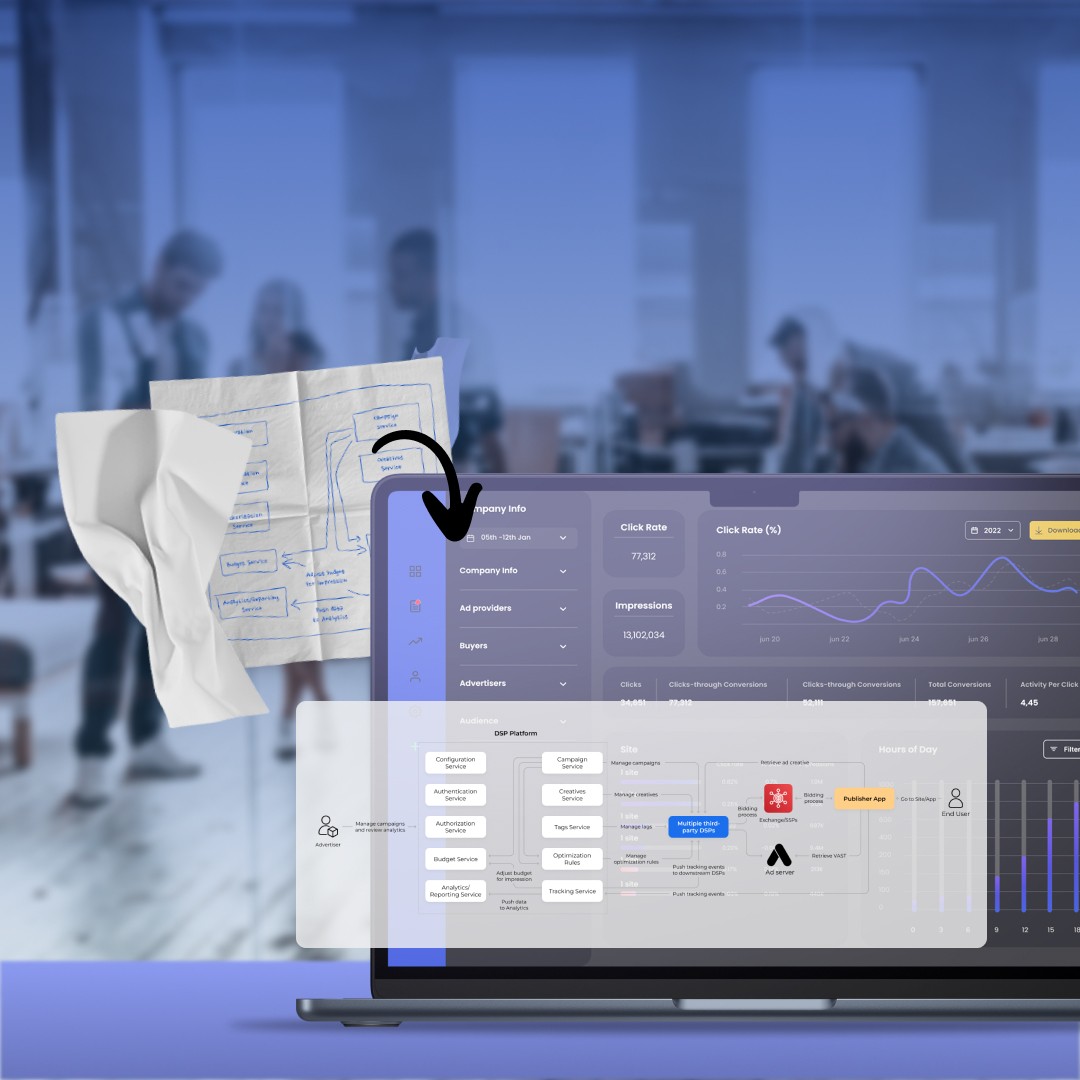Nowadays software testing is a rapidly growing up sphere. And software testing consultants and engineers may be found employed in different sectors. Lots of methodologies are widely known:
- Agile testing;
- Extreme testing;
- Scrum testing;
- White Box testing;
- Traditional Black Box testing and others.
The Black Box testing is the most popular and called for in many companies around the world. For years experts had been developing different costly commercial tools to lessen testing efforts and to increase the efficiency and quality of software testing, but lots of them were nonviable in practice. Later in 2001, some testing experts offered to create the software utilities for their manual-and tool-automated testing efforts.
And today at every seminar or training there are courses and lectures teaching testers more technical topics, including programming, networking, and databases. In the past and certainly today quick, efficient and profitable testing is in great demand. One of the ways to reach these goals is using .NET application software for testing projects. Although .NET languages are powerful enough to accomplish some useful testing tasks, testers and developers must have enough knowledge to write the code.
But first of all let’s discuss the automated software testing in general. At the beginning let’s look at some of the important management issues involved when starting automated testing, like guidelines for when and when not to automate testing, what kind of personnel requirements are needed to address and how to build an automated testing team. In later articles we will discuss the advantages and disadvantages of using two .NET languages, Visual Basic (VB) .NET and C#, for test projects and utilities.
Unfortunately there isn’t enough information out there yet to help test experts to use programming for testing purposes. Most of the publications are geared for software developers, not testers. Using .NET languages for testing requires a shift in the future. A tester may go to different courses, trainings (for example, standard Visual Basic course) to wonder how it could ever be used on a test project.
These trainings and a lot of articles, books explain just how to use the controls and the ways to create a great application with user friendly interface. But the tester doesn’t care about that so much— actually he wants to know how to get to the system information and other testing-related data using code or how quickly develop a utility.
But the reality is the following – a tester must know how to use .NET languages as soon as possible on a test project:
- How to get access to the DB easily and quickly;
- How to get access to the Windows Registry to return distinctive application data;
- How to create a front end with basic controls to view test information and results as soon as possible;
- How to get access to the appropriate .NET Framework library functions that return relevant information about the platform, files, registry, operating system, and so on.
These questions are just the beginning, but they reflect some of the things the testers have used to accomplish their testing tasks.
Why are.Net languages a good choice for testing? Actually .NET languages are not testing tools. They are a set of languages used for developing software. And it’s required to answer why it is better to use C#, Visual basic to reach testing goals instead of C, Java, Perl and PHP.
Scripting languages (for example Python, Perl, Rexx, VBScript and others) have a large group of supporters. Why not use those? As an actual fact none of those scripting languages were invented with testing in mind.
These languages can be a good advantage for testing software, particularly if they are already installed and a tester has quite good experience. But if there are testing engineers with skills in .NET languages, so they will be a great choice. Also if the application is being written in any of .NET programming languages, in that case it may be a reason for the testing engineers to use it for automation software testing. But it’s not absolutely required to use .Net languages for automation of .NET applications. It’s a delusion.
But for Windows platform it’s a perfect choice that will give the power to do whatever you need. The Framework libraries have a lot of things to provide the successful automation testing. For example, .NET programming can be used for a lot of hidden applications’ operations testing.
Scripts can be developed to get access to the system environmental variables and performance counters. Automated scripts can check the correct loading and retrieval of the data from files. It’s obvious that the .NET programming languages are powerful development tools makes them showing promise of future success and able tools for software testing. So it’s very important for test engineers to study .NET languages and to begin use them in everyday working practice.















